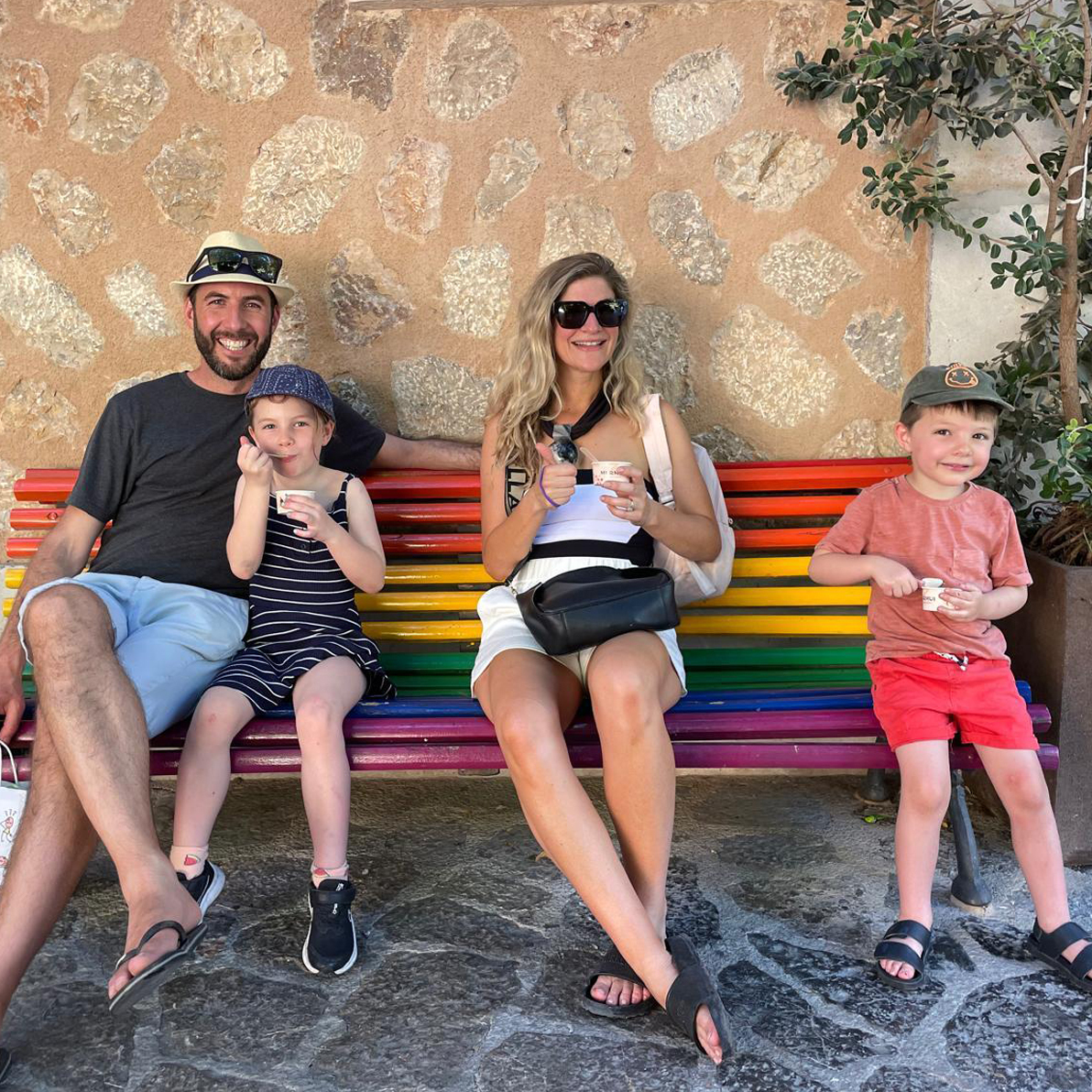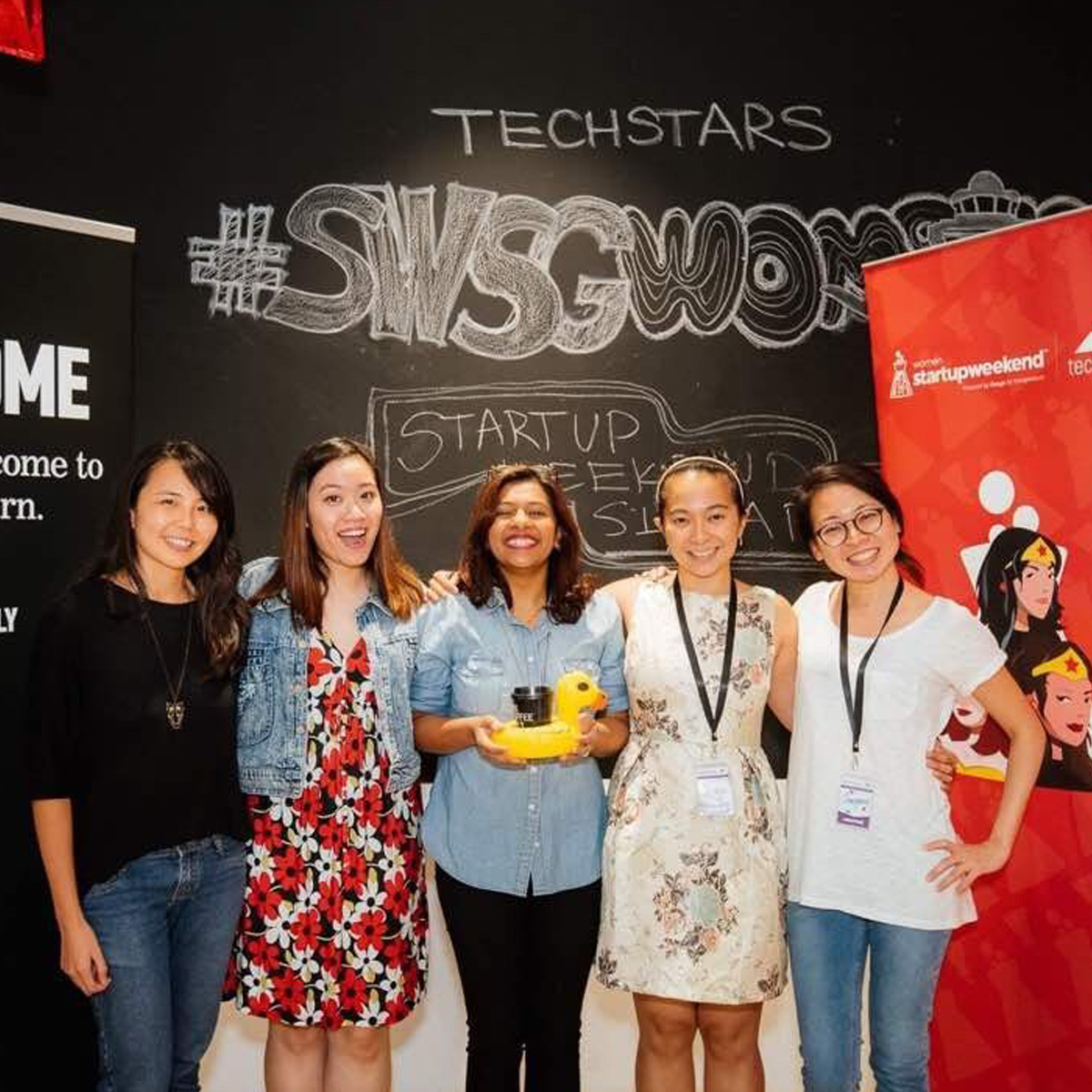Getting a job back in NZ
Figuring out how to re-enter the New Zealand job market can be confusing, overwhelming and disheartening for many returners. To help make sense of it all and give some clues as to what to expect, Tricia Alach sat down with Minta Smith & Jamila Mihaere from specialist repatriate recruitment firm Home Recruitment to get the inside scoop.

For candidates?
Jamila: I think for candidates one benefit is our ability to empathise with the experience of coming back to NZ. We’ve all done it so we understand what concerns and fears candidates have and can help to alleviate these. We also know that coming back to NZ isn’t just about finding a job, there’s a whole lot of other things going on so we treat our candidates holistically and discuss job options within the broader context of the kind of life they want back in NZ.
Minta: I’d absolutely agree – we can help you to translate your overseas experience into the NZ context. I think that’s where a huge amount of our value comes from, it’s important to have this CV just right before you start actively applying for roles. For example, the job title you had in the UK might be different (or not exist!) in NZ so having that context from the get go is surely helpful!
Related to that is our ability to help a candidate assess opportunities in a way that helps ‘future proof’ their careers and ensure they’re in the best possible position for future career development in NZ. We always talk to candidates about their 3-5 years plan and work with them to make a plan as to how best achieve those goals.
And for organisations?
Jamila: We capture talent before they arrive home, or just as they’re arriving – we’re their first port of call. Organisations who can really see the value in internationally experience candidates love that we’re able to provide them access to a candidate pool not yet ‘live’ in the domestic market. Always helpful in such a candidate short environment! Our client partners have the benefit of us having these conversations about opportunities and putting your employer brand on a candidate’s radar before they arrive back home. That’s important, especially if you are a new business, or are still building your employer brand.
Minta: We speak both ‘languages’ – assisting companies better interpret the CV and experience of top candidates to ensure they secure the person who is actually right for the opportunity they need to fill.
If the organisation is open to it, we also provide advice on how to best enable the repatriate talent to deliver all they can do. This is particularly appreciated by companies who haven’t hired a lot of internationally experienced people but are keen to fully utilise them to their full potential.
What are the main differences or adjustments a repatriate needs to prepare for or make when looking for work in NZ?
Jamila: Timeframes are the biggest factor. In general things take a little more time than they would have when you first landed overseas! On average, I’d recommend allowing two and three months to find a role – but don’t rush it! Enjoy the process and ensure that it’s the right one for you to prevent being in a similar situation within your first year home.
Minta: It’s a much smaller market and that means that once you ‘go live’ in your job search you will quickly become known to recruiters (internal and agency). You don’t get a ‘second chance to make a first impression’ so our advice is not to start this process until you are really ready and able to put the time into preparing a good CV and profile on the main job search sites – SEEK, Trade Me & Linked-In.
NZ organisations (sometimes) are more nimble than bigger overseas companies. A lot of organisations are really open to people blending their passion with their profession which can create some interesting opportunities you might not find in environments which are more structured.
When is the best time for people to start looking for a job back in NZ? Should they start while they are still overseas?
Minta: About 3 months from heading back to NZ is a good time to start doing some research, looking at job boards and getting in touch with local recruiters. I wouldn’t advise anyone to send applications before they have had a chat to a local recruiter about what they are looking for and have had some advice on job titles, pay rates and how to best present a CV and so on.
About six to four weeks before you head home you can start sending out applications or asking recruiters to introduce you to companies of interest. Depending on your level and niche, companies are open to Skype interviews – however it is rare that you would secure an offer without an onsite interview. Be prepared to wait until you’re “on the ground” and as soon as you have a confirmed date that you are arriving back in NZ – make it known to employers/recruiters! This shows your commitment to the move back home.
Jamila: If you want to start researching before that – and we do have people getting in touch up to 18 months before they plan to come home. Which is great! Often these candidates have spent 5+ years overseas so we love sharing the changes in the country/city and as a place to work. We’re totally happy having these conversations but will press play on representing you once you’ve got clarity on your timeframes to coming home. Some companies have had a bad experience with attempting to hire someone who was still overseas and pulled out at the last moment so they can be a bit wary.
How much time should someone allow to find a first job back in NZ?
Jamila: Probably two to three months from when you seriously start looking but it depends on the level of role you are looking for. If you just want to get some NZD coming in, temporary or contract work can come up sooner than that. Also, don’t feel the need to wait until you hear back from one application before you put in another – sometimes these processes can take 4-6 weeks to shortlist CVs (as companies will wait until the applications close before they start assessing applications and contacting candidates to follow up). On the flip side of that – do not fall into the trap of “scatter-gunning” your CV across the market too.
Minta: Concur with the above! The only other thing I’d add is that there is so much happening behind the scenes than what is advertised on job boards. So be conscious that companies will have internal applicants who take precedence too, nothing to take personally – just something to be aware of. That’s another value of a recruiter – it’s our job to know the inner workings and movements of our clients!
What about CVs? Should NZ CVs be presented differently?
Jamila: That depends where you are coming from. A two page CV is about right for NZ and leave out anything that’s old or irrelevant to the job you are applying for. As a general rule, for each role you’ve had include:
- Company name: potential companies are looking for names they’ve heard of, or can at least look up
- Job title: you may need to tweak this for NZ if the role has a different title here (we can help with this bit!)
- Dates you were employed: include the months and years in your employment. If you were travelling or had a career break, show this too!
- Specific responsibilities: make sure these relate to the role you have applied for. You may also need to translate this into local language or into the words the company has used in the job ad to show that your experience is relevant to the role.
Keep it in a really simple format, and if you’ve a couple of roles with the same job title and responsibilities, group them into one section vs being repetitive.
Minta: I could write a book about this! Key takeaway though; tailor your CV for every application and try to use the same language as the job ad, pay attention to the way responsibilities or deliverables are ranked.
I’ve noticed job titles in my field are different in NZ to where I lived overseas. Is it a good idea to translate your previous job titles into Kiwi speak?
Minta: Yes, you may need to do this as the job titles can be quite different. For example a Marketing Co-ordinator role in the UK could be a Marketing Manager role in NZ. If you’re uncomfortable doing this you can always include the original job title in brackets. If you’re not sure about how your job titles translate, speak to a local recruiter who has some understanding of the job market you are coming from and get advice. Any of the Home Recruitment Consultants can help with translating from the UK.
How about salaries?
Minta: The salaries for many roles are comparable but this depends a bit on role and its seniority. As a general rule, if comparing to the UK you can expect slightly less than double what you earn in pounds converted into NZ dollars. So, for example if you’re on £50K in the UK, you could probably expect to earn around NZ$90-$95K.
Jamila: Salaries are not often advertised in NZ and, if you ask you may only get a band which can be quite wide. It’s OK and expected you’ll have this conversation with a recruitment consultant about salary however some NZ companies will be a bit more sensitive on the subject!
Tell me about your own repat job hunting experience? What do you wish you’d known before you came back?
Jamila: To be honest, I’d not given it a lot of thought – I was at the end of my two-year visa and a bit sad about coming home! However, I was connected to HOME through Australasian Recruitment Company in London (who had placed me) and I spent time on Seek doing a bit of research (although not until I was home!). A little disheartened about what I saw – I just didn’t know where to start or what I should be applying for/prioritising based on my experience in London (Management Consultancy) – but Minta helped me nut out my motivators, what I loved (or didn’t) about my previous employment and what kind of environment I was seeking.
Following that, I worked on my CV, did a bit more research – and then was quite delighted when Minta mentioned a potential role with HOME. And here we are!
Minta: I was really fortunate to be sponsored in London, so it was my choice to come home for family/friend reasons. Before leaving, I’d had some conversations around the concept of supporting candidates like me moving their careers back home to NZ – and really noticed a gap in the market for that consultative advice upon my arrival! I was approached via LinkedIn for a couple of opportunities, Seek roles were not super exciting and then the opportunity to be part of launching HOME and supporting candidates on their career journey home to NZ was hugely inspiring for me (and a way to stay globally connected!).
What is your must share advice for any Kiwi repatriate starting to look at work back in NZ?
Minta
- You don’t have a second chance at a first impression – so make sure your CV, expectations and goals are realistic for the market!
- Have a good reflection about why you’re moving home and identify your motivators (location, industry, scope of role, culture/environment, growth etc.) – this makes you much more consciously aware of a good opportunity from a not so good one
- Be optimistic about returning home! Yes, it’s a smaller market – but there are some seriously cool (and well paid!) opportunities here. Be delighted and have an expectation that you’ll be living a well-balanced life, Kiwis value their lifestyle!
Jamila
- Do your research to prevent rushing any decisions – use job boards as a tool but don’t feel like you need to apply right away
- Reconnect by speaking with friends & ex-colleagues who have also moved home – set some coffees up as a networking and reintegration exercise
- Schedule a call with us to understand your best approach/market insight
- Enjoy this time to settle back in, catching up with friends and family etc.!
This story was created by Tricia Alach, creator of the How To Have A Happy Homecoming blog, check it out for more stories of Kiwis coming home and resources for making a smooth transition back.
COMING HOME?
Resources
We’re here to support returning Kiwi. Here’s our list of resources to help you plan your return and next steps.
Jobs
Looking for a new role in New Zealand? Visit the Kea job portal and find your next career opportunity.

 MENU
MENU










